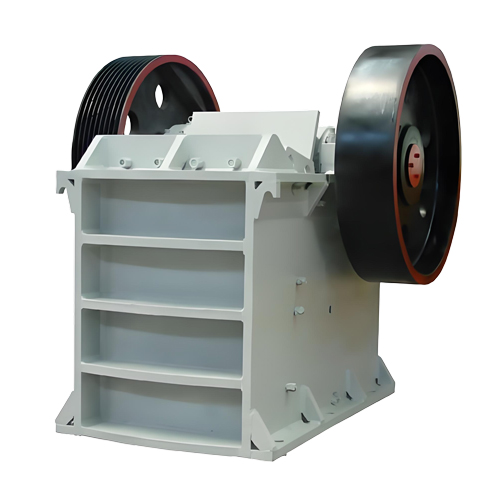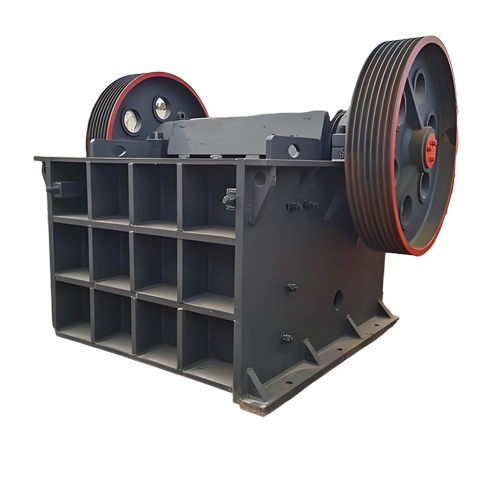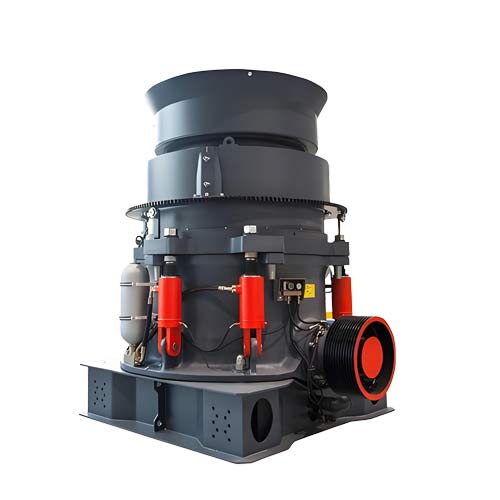Is the vertical grinding mill affected by fluctuations in petroleum coke prices?
The price fluctuations of petroleum coke are closely related to the demand for electrolytic aluminum and graphite electrodes. The environmentally friendly vertical grinding mill, with its advantages of energy saving and high efficiency, is driven more by green policies and technological upgrades and has strong market resilience.
Abstract: As a key industrial raw material, petroleum coke’s price fluctuations are influenced by multiple factors. This article analyzes the causes of petroleum coke price fluctuations from the perspectives of supply and demand, downstream industry demand, energy policy, and international trade, and explores whether environmentally friendly vertical grinding mills are affected by these factors. The analysis reveals that petroleum coke price fluctuations are primarily closely related to demand from industries such as electrolytic aluminum and graphite electrodes, as well as environmental protection policies. While environmentally friendly vertical grinding mills have an indirect connection to the petroleum coke industry chain, their impact is limited, and their market development is driven more by overall environmental protection policies and industrial technology upgrades.

As a highly efficient and energy-saving industrial equipment, environmentally friendly vertical grinding mills are widely used in the building materials, mining, power, and environmental protection sectors (such as sludge treatment and waste resource utilization). Their market development is indirectly related to the petroleum coke industry chain, but the impact is limited, as shown below:
1. Weak direct correlation: significant differences in application scenarios
Petroleum coke is primarily used in electrolytic aluminum, graphite electrodes, and fuel, while environmentally friendly vertical grinding mills primarily process building materials like ore, cement, and gypsum, or are used to grind fuel for the power industry. While both industries operate in the same industrial sector, their upstream and downstream supply chains are not well connected. Therefore, fluctuations in petroleum coke prices have little direct impact on demand for grinding mills.
2. Limited indirect impact: driven by environmental protection policies and technological upgrades
While petroleum coke price fluctuations may indirectly impact the grinding mill market through changes in energy costs or downstream industry investment, the core drivers remain environmental policies and industrial technology upgrades. For example, if the electrolytic aluminum industry reduces production due to pressure to reduce carbon emissions, demand for related grinding equipment may decline. However, environmental policies promoting the green transformation of the building materials industry may actually stimulate demand for vertical grinding mills (due to their energy-saving characteristics).

3. Equipment costs and raw material substitution: potential correlation
Some mills may be used to process petroleum coke as a feedstock (for example, in fuel production or electrode additives). If petroleum coke prices rise, companies may seek alternative feedstocks (such as coal or biomass), which could affect the types of feedstock the mills process. However, this impact is limited to specific market segments and has a limited overall impact.
4. Technological advantages strengthen risk resistance
Environmentally friendly vertical grinding mills offer energy savings, low emissions, and efficient processing, meeting current requirements for green industrial development. Amid tightening environmental regulations, their market competitiveness has increased, helping them mitigate some of the uncertainties in the supply chain caused by petroleum coke price fluctuations.
Related Products
Inquiry
Please leave us your requirements, we will contact you soon.





